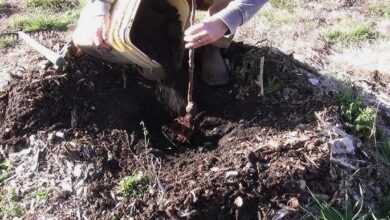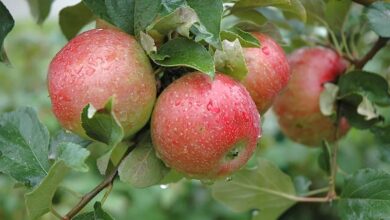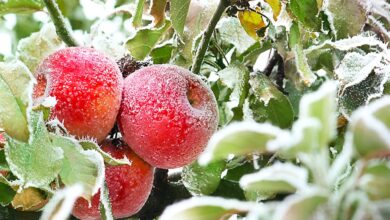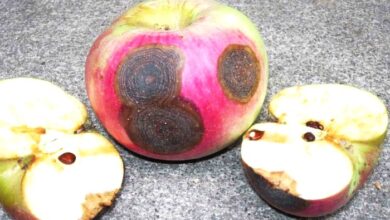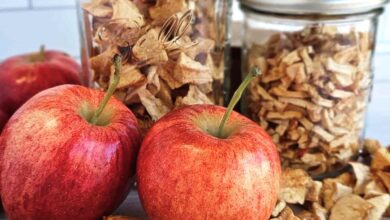Dayton Apple: How to Grow Dayton Apple Trees?
How to Care for a Dayton Apple Tree?
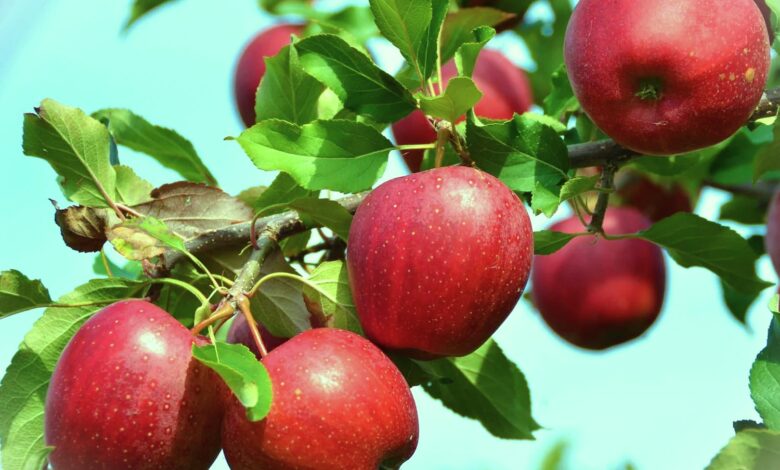
Tips for growing dayton apples at home and tips for apple care in dayton.
Dayton Apple Growing Guide
As the koneyo.com team, we’ve prepared a comprehensive guide for you on how to grow Dayton apples. Thanks to this guide, growing Dayton apples has become much easier and more practical.
To follow the guide effectively, make sure to read our article carefully and take note of the key points.
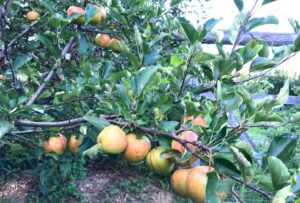
Dayton apples, which are relatively young, are ideal for cooking, baking, or snacking due to their sweet and slightly sour flavor. Juicy apple flesh is a pale yellow hue, and large, shiny apples have a deep red hue. The easiest conditions for growing Dayton apples are full sun and soil that drains well. Dayton apple trees can thrive in hardiness zones five through nine according to the USDA. Alright, let’s get down to the business of Dayton apple tree care.
Dayton Apple Tree Care
You can grow Dayton apple trees in nearly any soil type as long as it drains well. To prepare soil for planting, work in plenty of compost or manure, especially if it’s clay-based or sandy.
For optimal growth, apple trees require eight hours of direct sunshine per day. Particularly important is the morning sun’s ability to dry the dew on the leaves, which in turn reduces the likelihood of disease.
The Dayton apple trees can’t be in close proximity to any other kind of apple tree without pollination. Any tree that has crabapples on it is fine.
The ideal amount of water for Dayton apple trees to receive from irrigation or rainfall between spring and fall is one inch (2.5 cm) per week, though they don’t require much water overall. Be careful not to pile mulch up against the trunk, even though a thick layer of mulch will aid in weed control and moisture retention.
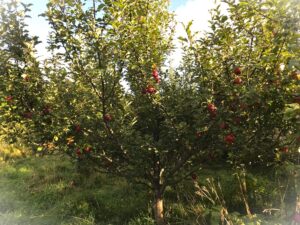
Apple trees, once established in rich soil, require minimal fertilizer. Every year in late winter or early spring, if you think the tree needs it, apply a general-purpose fertilizer. However, wait until it starts producing fruit before doing so.
Keep the area three feet (1 meter) around the tree free of weeds and grass, especially in its first three to five years. The soil will lose its moisture and nutrients if weeds are allowed to grow.
Thin the apple tree when the fruit reaches a size similar to marbles, typically around midsummer. If you don’t, the tree might snap under the strain of all those ripe fruits. Allow 4 to 6 inches (10 to 15 cm) for every apple.
Late winter or early spring is the best time to prune Dayton apple trees after the danger of a hard freeze has passed.
We Continue to Share Gardening Tips for Our Valued Readers! We’ve come to the end of our guide on Dayton apple trees. But we’re also curious to hear your thoughts on the topic. How to care for a Dayton apple tree? Don’t forget to share your insights and experiences with us in the comments section! Stay tuned for more content like this!

